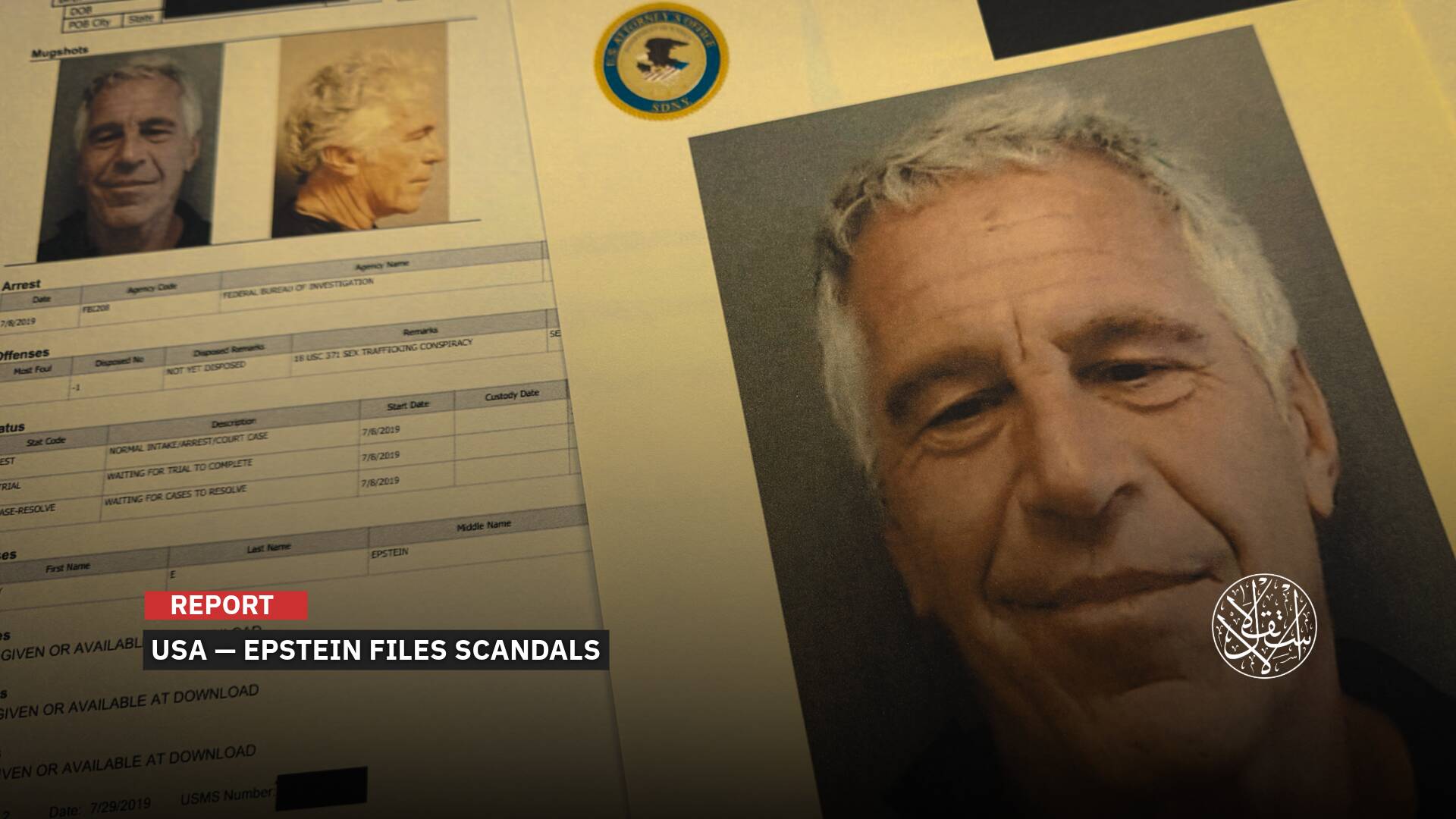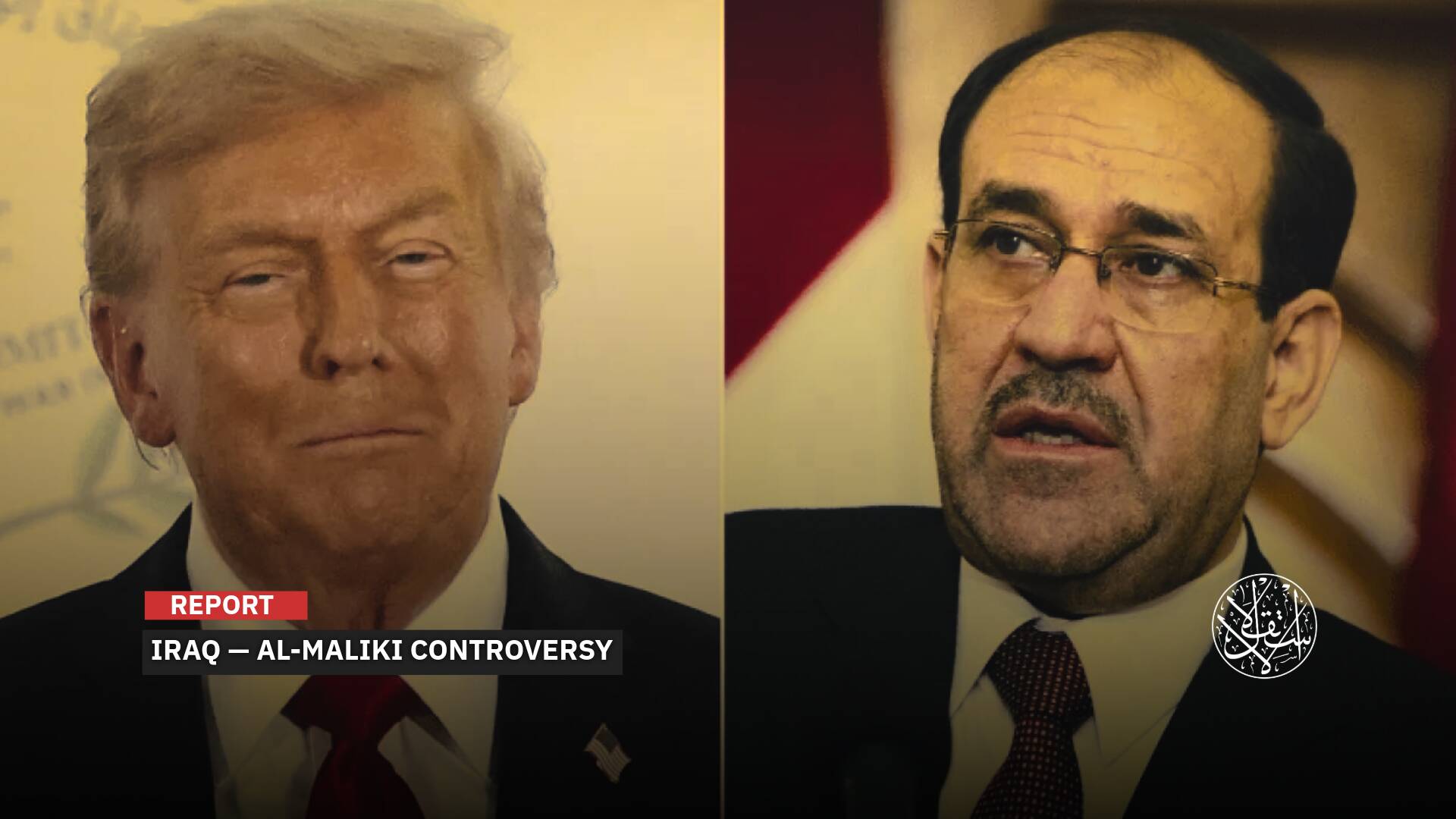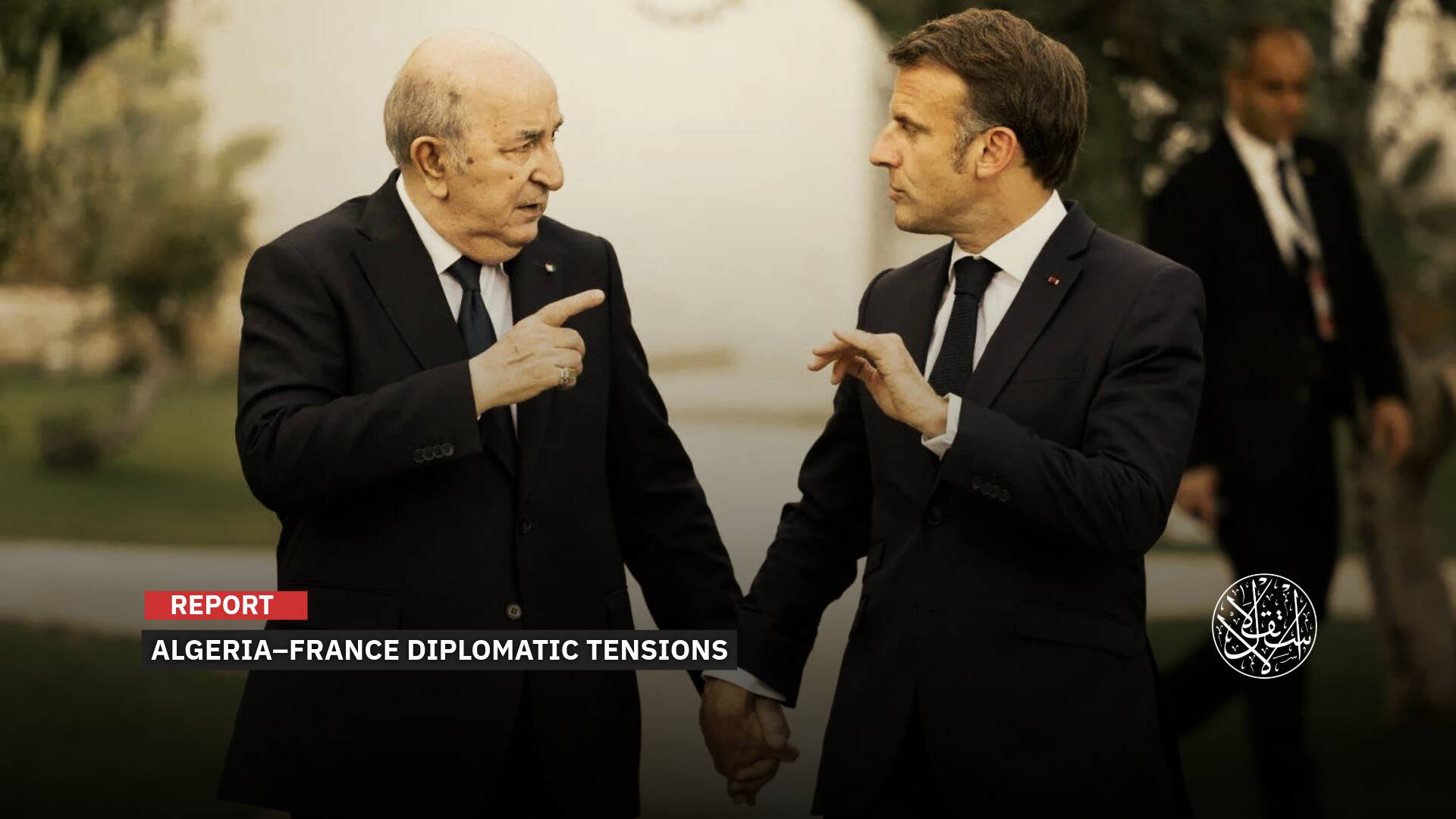Why the Gulf Did Not Call to Stop the Hostility of Hindus Towards Islam?

“Bharatiya Janata Party can ignore America if it criticizes it, but it cannot do the same with the Gulf states,” this was what The Economist said about the great power that the Gulf states have to deter the extremist government of India when the latter insulted the Prophet of Islam.
After officials in India's ruling right-wing Bharatiya Janata Party released statements offensive to the Prophet Muhammad, PBUH, calls spread on social media platforms to deter New Delhi economically and diplomatically, while official positions were limited to regular statements.
Stores in several Islamic countries, such as Kuwait, removed Indian products, while calls to lay off Hindu workers working in the Gulf countries spread controversy.
However, the failure of countries such as Saudi Arabia and the UAE to react was clear.
Much Anger
The Economist confirmed that Indian Prime Minister Narendra Modi tried to defuse the anger of Gulf Muslims by removing some extremists from his party membership after they insulted the Prophet Muhammad, PBUH, but his supporters continued to incite and his police violently suppressed Muslims.
According to the magazine, expert Happymon Jacob from Jawaharlal Nehru University in New Delhi said: "It is possible to ignore America and its allies because their objections usually do not go beyond words, but when it comes to the Gulf states, we need them more than they need us."
When US Secretary of State Anthony Blinken criticized the decline in religious freedom in India, on June 2, 2022, New Delhi's response was defiant, stressing that America should first take care of its home and rearrange it.
But Muslims’ anger pushed India to a partial retreat, according to The Economist.
For its part, the TIME confirmed on June 7 that the Indian move to calm the Gulf is "temporary" and aims to circumvent the wave of Islamic popular anger.
It explained that "these moves will not help the Muslims of India and will not stop the hostility against them because the rulers of the Emirates and Saudi Arabia are implicitly supporting Modi.”
After they insulted the Prophet Muhammad, the Modi government suspended the party's spokeswoman, Nupur Sharma, and expelled the party's media official in New Delhi, Naveen Jindal.
Indian Foreign Ministry refused to apologize for the abuse, and even criticized the statement of the Organization of Islamic Cooperation against India, which considered that "these abuses come in the context of the escalation of hatred and abuse of Islam in India and the systematic practices against Muslims and restrictions on them."
The Indian ministry described the statement of the Organization of Islamic Cooperation as "narrow-minded", claiming that New Delhi "accords the highest degree of respect to all religions."
On June 6, the Indian Foreign Ministry denounced the Arab and international statements condemning the insulting statements of the Prophet Muhammad, made by officials of the ruling party, and said that the condemnations were "unjustified."
Meanwhile, the BJP claimed in a statement that it respects all religions and strongly opposes any ideology that insults or degrades any religion.
Contradictory Position
Modi's tactical retreat, to avoid the Gulf boycott campaigns in response to the insult of the Prophet, did not lead to any change in India's policy against Muslims.
Rather, the opposite happened, and the Hindu government took revenge by violently suppressing Muslims, arresting hundreds of them, and demolishing the homes of protesters.
On June 7, the TIME highlighted the Modi government's contradictory response to his internal and external messages.
It reported that he was trying to calm the Muslims around the world and the Gulf with news of punishing those who offended the Prophet and expelling them from the party while continuing the same anti-Muslim policies at home.
In a report entitled The Islamic World's Outrage Against India Won't Protect the Country's Muslims, the magazine explained that the benefit of Indian Muslims from this global Islamic outrage will not last and is “at best temporary.”
According to the report, rights activist Harsh Mander said that India's Muslims who are 200 million people, had hoped the anger would prompt the New Delhi government to treat them with more respect.
But he expected that Muslims in India would be disappointed, because the retreat of the Hindu party is temporary, and Muslims will suffer more from continuous incitement and violence.

Alliance With Modi
Based on the good relations between the Gulf and Modi, the TIME indicated that it is not in the interest of the rulers of the Gulf states hostile to Islamic currents to have a dispute with India because of insulting the Prophet.
There is a new factor limiting the influence of the Gulf countries specifically on India and reducing New Delhi's fears of the consequences of its policy, which is changing the policies of some Gulf countries, specifically the UAE and Saudi Arabia, according to the magazine.
It stated that Saudi Arabia and the Emirates, which were traditionally very sensitive to any offense against Muslims, especially Riyadh, are no longer the representatives of Islam and India is no longer afraid of their anger over these issues.
The magazine explained that "the new Gulf leaders, especially the Saudis and Emiratis agree with Modi’s view regarding dealing with political Islam based on security considerations.
The impact of this change in the attitudes of the rulers of Saudi Arabia and the Emirates towards the Hindu party can be seen in the fact that the center of gravity of the recent Gulf objection to the recent insult to the Holy Prophet shifted to Qatar, Kuwait, and the Sultanate of Oman.
It was remarkable in this regard that an Indian call to boycott Qatar Airways and not the flight of another country, because of Doha's strong position, was launched by Hindus #BoycottQatarAirways, including a direct attack on Doha.
Qatar criticized Indian abuses and summoned India's ambassador to protest, and a senior official at Qatar's embassy in New Delhi on June 6 warned Prime Minister Narendra Modi's government of economic consequences.
“Harming our religious feelings can directly affect economic relations,” he said, referring to reports of some shop owners in Qatar boycotting Indian goods.

The TIME predicted that once things calm down, the UAE and Saudi Arabia's trade with India will take precedence over the threats to Indian Muslims.
The Gulf states know India's growing economic power, so they won’t jeopardize their relations. The increasing targeting of Muslims in India since Modi took power 8 years ago has never raised any concern in any Islamic country, according to the TIME.
Some, such as the UAE and Saudi Arabia, have succeeded in wooing Modi and strengthening relations with New Delhi.
But this time, these governments may have had to issue statements criticizing the insult to the Prophet Muhammad, in order to avoid any problems that religious conservatives at home might raise, according to the TIME.
To explain the secret of this hostility, TIME says that Modi's party seeking to restrict democracy in India, has the stated goal of reshaping the country as a Hindu state, and its rise has been supported by a strategy of mobilizing Hindu voters by attacking minorities.
Saudi Arabia, with its economic weight, and the UAE, with its close relationship with India, can, along with the rest of the Gulf countries, pressure New Delhi to stop the campaign of persecuting India's Muslims, by sending a firm message that its economic interests may be harmed if this policy continues.
The Wall Street Journal indicated that about two-thirds of India's overseas citizens (8.9 million out of 13.6 million people) live in the six countries of the Gulf Cooperation Council.
The volume of India's bilateral trade with the Gulf Cooperation Council countries is $154 billion, and the Indian trade deficit with these countries is about $67 billion, as a result of India's dependence on oil imports from the Gulf, according to India Today.
The volume of Indian trade with the Gulf Cooperation Council countries alone amounted to about $90 billion between 2020 and 2021, according to Reuters.
The six Gulf states, Bahrain, Kuwait, Qatar, Oman, Saudi Arabia, and the UAE, alone represent 15 percent of India's global trade and supply it with a third of its fuel needs.













